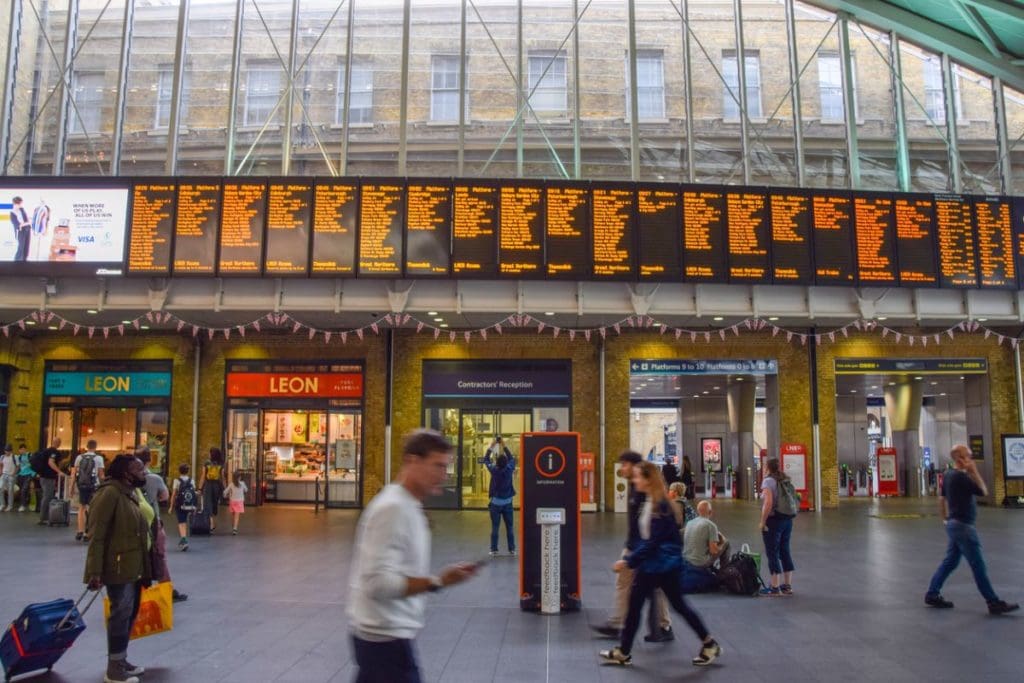Plans to legislate for minimum levels of service during rail strikes could have “unintended consequences” of provoking further conflict, MPs have been told.

The Transport Select Committee questioned rail industry and union leaders about the legislation currently going through Parliament.
Jamie Burles, managing director of Abellio Greater Anglia said the “overriding” objective of the industry was to avoid strikes and have good industrial relations.
Enjoy more Railways Illustrated Magazine reading every month.
Click here to subscribe & save.
He stressed the importance of having “absolute clarity” in the planned law about the requirements on employers and workers.
“If we do not have that, one of the unintended consequences would be further conflict or stress between the relationship.”
Tom Joyner, managing director of Cross Country Trains, told the MPs he had not been lobbying the government to bring forward legislation on minimum levels of service.
The Strikes (Minimum Service Levels) Bill is set to be debated in the House of Lords today.
TUC general secretary Paul Nowak said: “It’s time for the government to ditch this Bill for good and protect the right to strike.
“No one should be sacked for trying to win a better deal at work.
“This draconian legislation would mean that when workers democratically vote to strike, they could be forced to work and sacked if they don’t comply.”
Mick Lynch, general secretary of the Rail, Maritime and Transport union (RMT) told the committee he believed the law would be a “disaster.”
Critical workers such as signallers and train drivers would be “conscripted” to work even if they voted legally to strike, he said.
“It will be a complete pig’s ear. It is unsafe, it will not work and will not serve passengers.”
Mr Lynch said the law would spark “novel” forms of industrial action as well as wildcat walkouts.
He said the government often pointed to legislation in European countries, but highlighted recent strikes in France, Italy and Sweden.
Mr Lynch said the government did not understand how the railways operated and were “making it up” in terms of the legislation.
He warned that industrial relations would be “poisoned”, with the prospect of large numbers of workers being sacked, with huge consequences for the rail industry.





